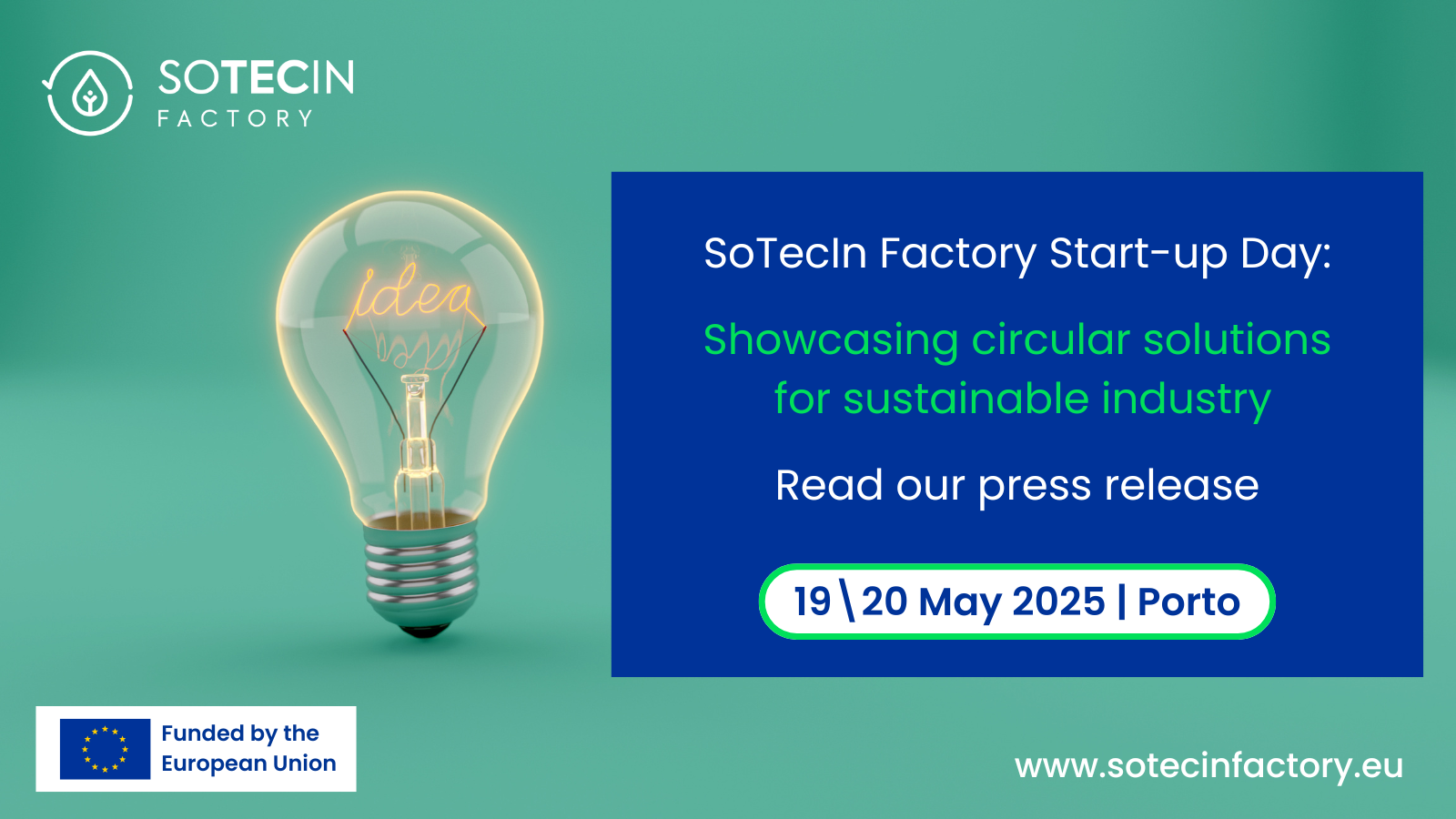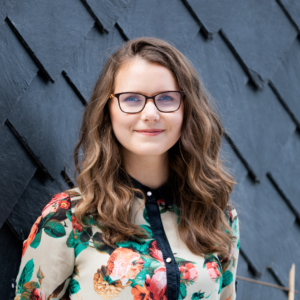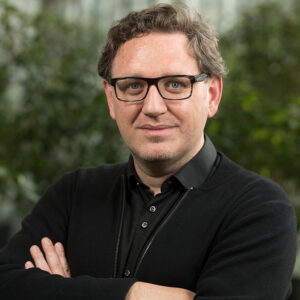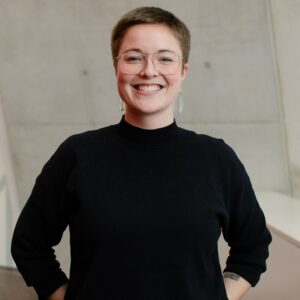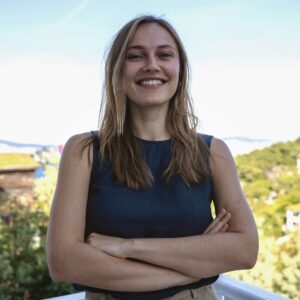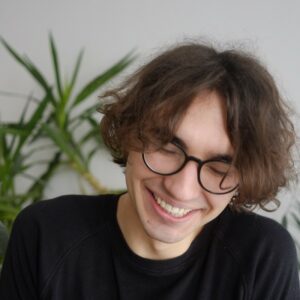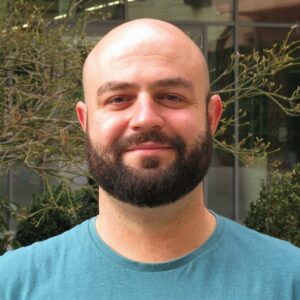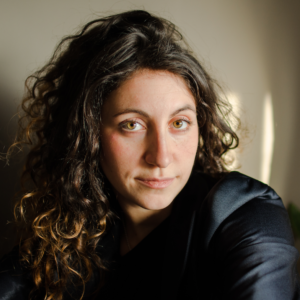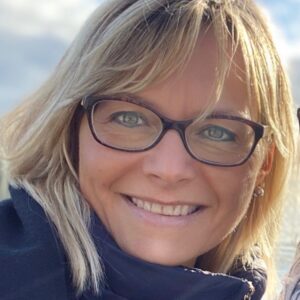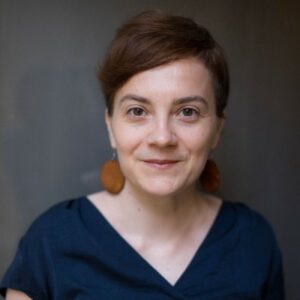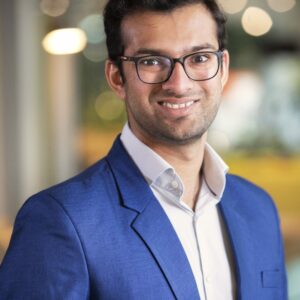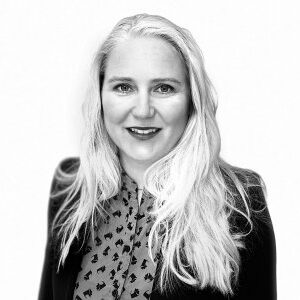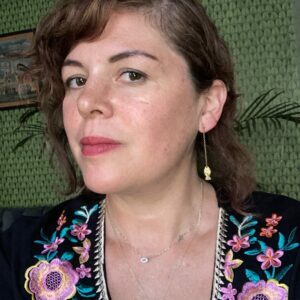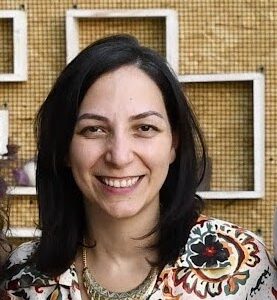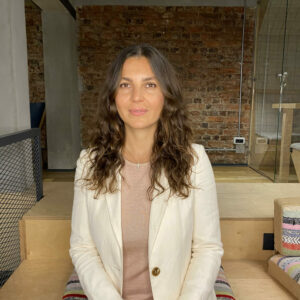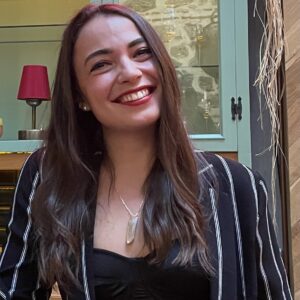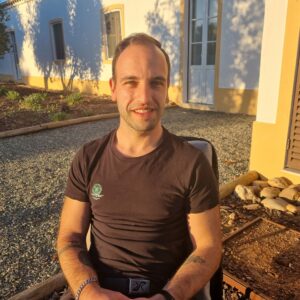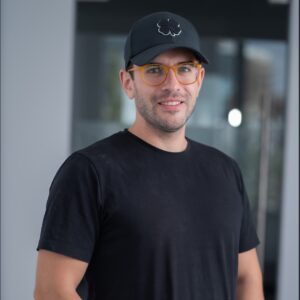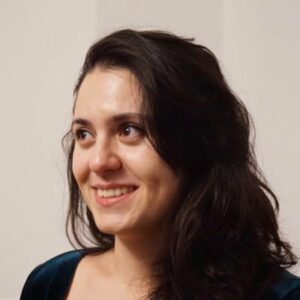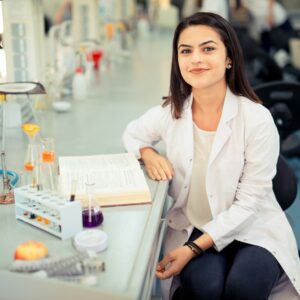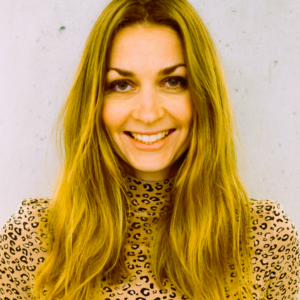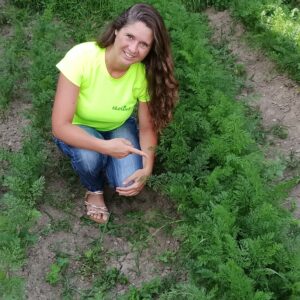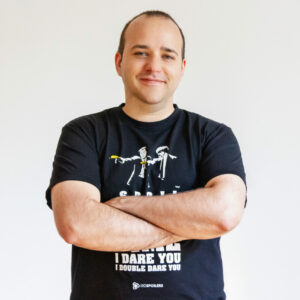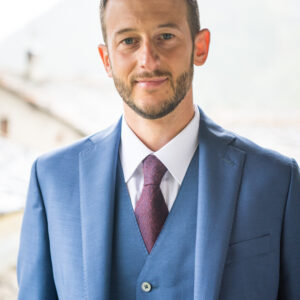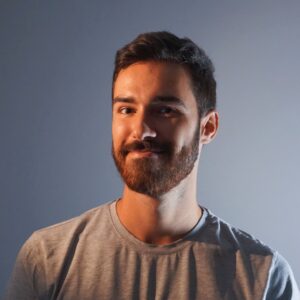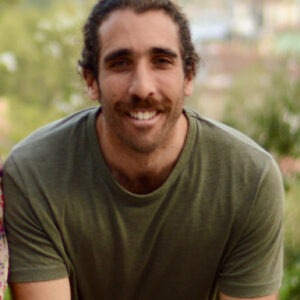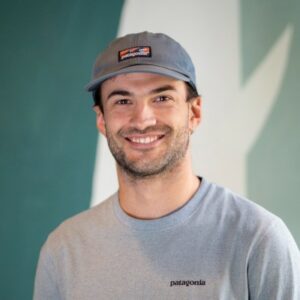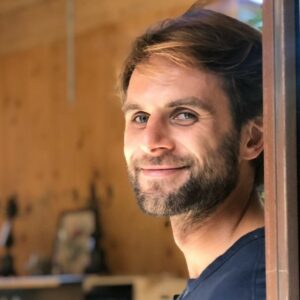
Fabrics of the Future: NOOSA Insights from SoTecIn Factory Phase 1
Find out more about NOOSA, their Phase 1 experience and mission for circular industry transformation, as one of SoTecIn Factory Open Call 1 Phase 2 winners receiving up to EUR 85K funding for the pre-market tech demonstration of their social innovation solution.
Can you briefly explain your solution and its key mission? What is your current business model?
Born from bio-renewable materials, NOOSATM fiber is endlessly recyclable thanks to NOOCYCLETM, a patented chemical recycling technology. NOOSATM fiber shows intrinsic properties enhancing textile performance such as: bacteriostatic character, increased breathability, low odor retention, low-flammability and UV stability. These does not only warrant a longer lifetime to the products containing NOOSATM but also reduces the need of additives and textile finishes.
NOOCYCLETM is a patented chemical recycling technology, developed by NOOSATM, enabling to recycle NOOSATM textile fiber at 100%, without deterioration and this, endlessly. NOOCYCLETM meets the challenges of the circular economy by offering an alternative to composting for a biodegradable fiber. We offer a solution to textile waste at post-industrial, pre-consumer and post-consumer level. We operate at two levels: fiber production and the recycling at the end of life.
What long-term, systemic change do you aim to achieve in the industry? How has the SoTecIn Factory program, particularly Metabolic’s workshop on building systemic impact strategy, influenced your approach to triggering that change?
At NOOSATM, the goal is to create a tangible solution for the textile industry. We are dedicated to produce high quality, bio renewable and 100% recyclable textile fibers that reduce the environmental impact of textile waste both at pre- and post-consumer level thanks to our patented recycling technology NOOCYLETM. NOOSATM aims to provide a circular alternative that can help the textile industry shift from fossil-based resources to a bio-based options. Ultimately, NOOSATM’s goal is to offer durable, qualitative textile fibers with great intrinsic properties, which will support the reduction of textile waste.
We believe NOOSATM fiber can be an accelerator for positive change towards more (better?) circularity, reduced textile waste and reduced use of fossil-based materials. NOOSATM is dedicated to democratizing its solution to textile waste as well as raising awareness and educating people on the need for a switch from fossil-based materials to bio-based materials and on the reduction of textile waste. To this regards, SoTecIn is a project supported by European Union and therefore supporting a systemic chance.
In Phase 1, you joined workshops and mentoring to boost your capacity for systemic impact in the EU’s circular industry. What valuable skills, tools, or connections did you gain, and which parts were most helpful?
The different resources and assignments helped us to clarify our short, middle and long term objectives – asking the right strategic questions. Social entrepreneurship and holistic action plan workshop was particularly Interesting on our side since we didn’t integrate In our strategic plan until then.
In your view, what support do social impact ventures with circular economy strategies need to be impactful and resilient? Has SoTecIn Factory Phase 1 provided any insights to improve your business sustainability?
Ventures centered on social impact and circular economy strategies need financial support, capacity building, and mentorship to thrive. Additionally, access to policy advocacy, and impact measurement tools are crucial for sustained relevance and effectiveness. Circularity practices have to be supported by governments to create a systemic change and allow ventures to enhance both their impact and resilience.
In Phase 1 of SoTecIn Factory, you co-developed your solution with a Market Validator, an industry actor and potential customer. How did this refine your solution and enhance your understanding of sustainable industry challenges? How will it prepare you for building and testing your Phase 2 demonstrator?
It validated the market interest for our product and a concrete application that can be demonstrated In phase 2 of this project. We understood the challenges of an Italian weaving manufacturer and what they expected from our product to be suitable for their production, having in mind the final application/customer.
What inspired you to adopt social initiatives in your business? Was there a specific moment or experience that sparked this decision?
There was no specific moment, we created the company having social and environmental responsibility In mind and willing to change the current textile industry – being one of the most polluting and with poor social practices. I think It’s easier to Integrate those aspects while building a company from scratch, than Integrating them Into an established one.
How do you stay focused on your mission for a sustainable industry, and how has the SoTecIn Factory program supported you? Additionally, what were your key takeaways from the Phase 1 Steward Ownership workshop, and why is it an important governance approach for mission-driven businesses, even if you haven’t adopted it?
Our mission is to make the textile industry circular so sustainability is deeply rooted into our practices and DNA. SoTecIn Factory helped us materialise and put words on our ideas/beliefs to transform them into concrete actions/internal documents. Our key takeways from the Phase 1 Steward Ownership workshop is to know about different models of ownerships and how you can make profit while doing good with alternative business models, sometimes focusing on different KPIs than the established ones and having a long term vision for assessing results.
Balancing your mission with personal well-being can be challenging for social entrepreneurs. What’s your secret ingredient to achieving this balance? Are there any tips, tricks, or tools from the SoTecIn Factory Program—whether from webinars, mentorship, or informal chats—that you’d share with other innovators?
To truly save time for my personal life, I tend to refuse all those Informal gatherings to meet/chat with other entrepreneurs. It definitely save time. Through the Holistic Action Plan Workshop, you reflect on what energises you in your everyday life both In personal and professional spheres.
For the end, what are your expectations of Phase 2 of the SoTecIn Factory programme? What are your general goals for the next 6-12 months?
In phase 2, we expect to be able to demonstrate our solution with a partner, into a tangible product that can be commercialised & launched to the market. This can act as a “case study/best practice” that can then be applied by other companies, for other products and industries to reach circularity.

